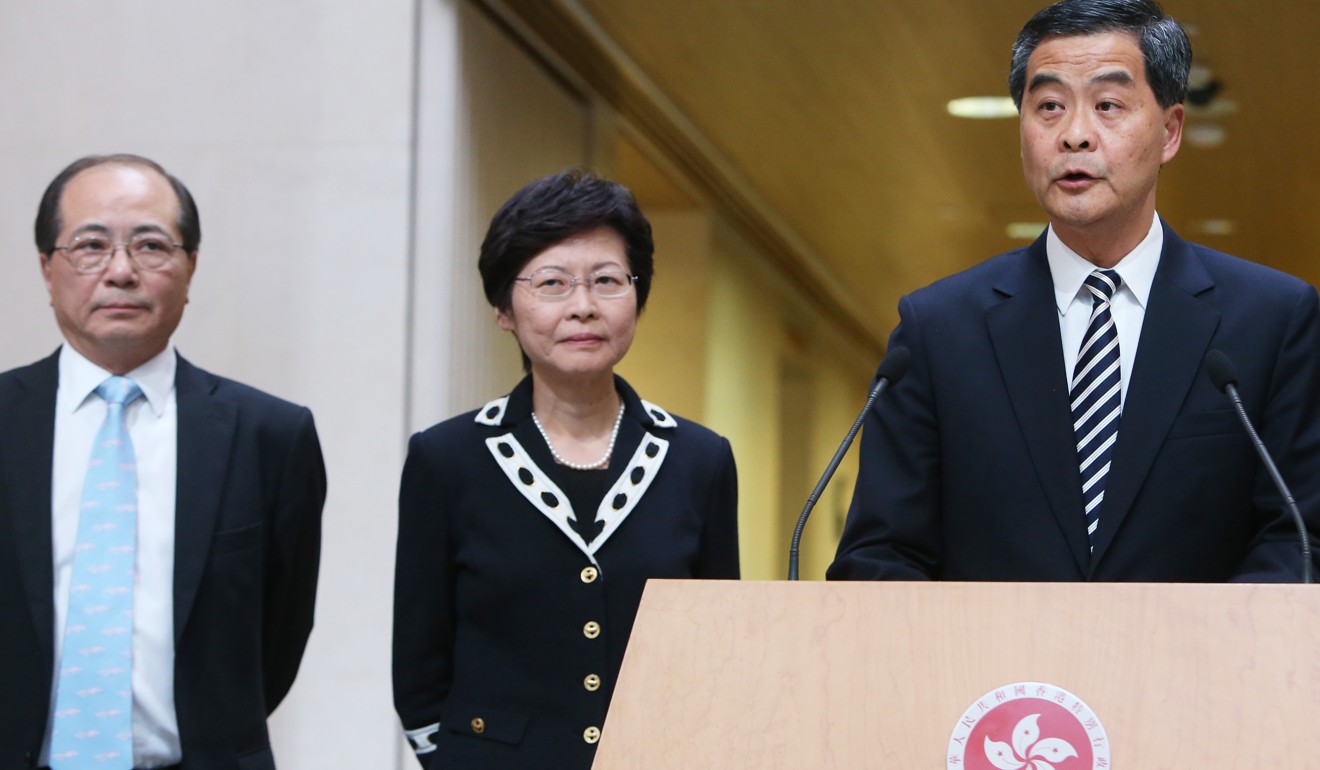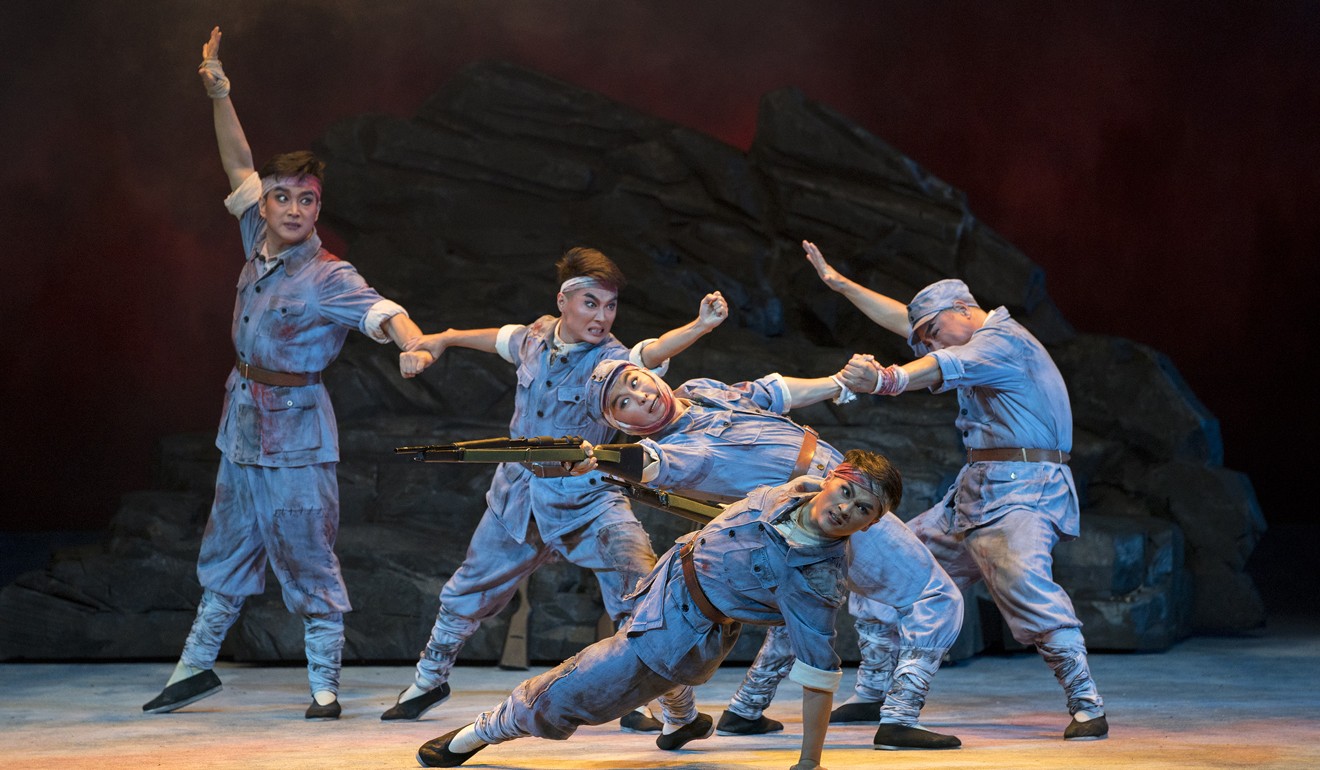
How Comrade Lei Feng taught me that communist ‘Red Army’ legends have no place in Hong Kong schools
Queenie Luo says a globalised world necessitates a cosmopolitan education, and warns against Hong Kong’s young students being locked into a dogmatic slumber like those in mainland China’s ‘Red Army’ schools
The controversy reminds me of an important moment from my primary school days in Beijing, 20 years ago. As a student, I worked hard at fulfilling the expectations of my teachers and parents. One day, this dedication was rewarded.
The principal announced my name at a school assembly. I was selected as a role model due to my excellent behaviour and rigorous adherence to party doctrines. The student body responded with vigorous applause. My heart pounded and I was suffused with an immense sense of pride – my physiological response stoking a desire to strive hard for the cause of the Communist Party.

Carrie Lam wants to teach Hong Kong children ‘I am Chinese’ from kindergarten

PLA mouthpiece says West Point Lei Feng legend no joke
In a globalised world, a cosmopolitan education is essential. The prosperity of Hong Kong has been in part the result of its open world view. In 2016, Hong Kong ranked as the eighth-largest world trading entity, hosting more than 7,000 overseas companies. It welcomed almost 57 million visitors last year, and has at least 50 international schools, more than any other city in Asia. For Hong Kong to continue to play an important role in world trade, this openness is necessary. National education would undermine the city’s unique international identity, locking our next generation into a dogmatic slumber similar to students in “Red Army” schools.
My experience has reinforced my commitment to a wider concept of global citizenship. Only by embracing a cosmopolitan education can youth be exposed to the full variety of ways of life, freedom and ethical responsibility available to global citizens, as well as the prosperity that comes from connection to the outside world.
Queenie Luo, who grew up in Beijing and moved to Canada in 2008, is a student at Columbia University in New York

